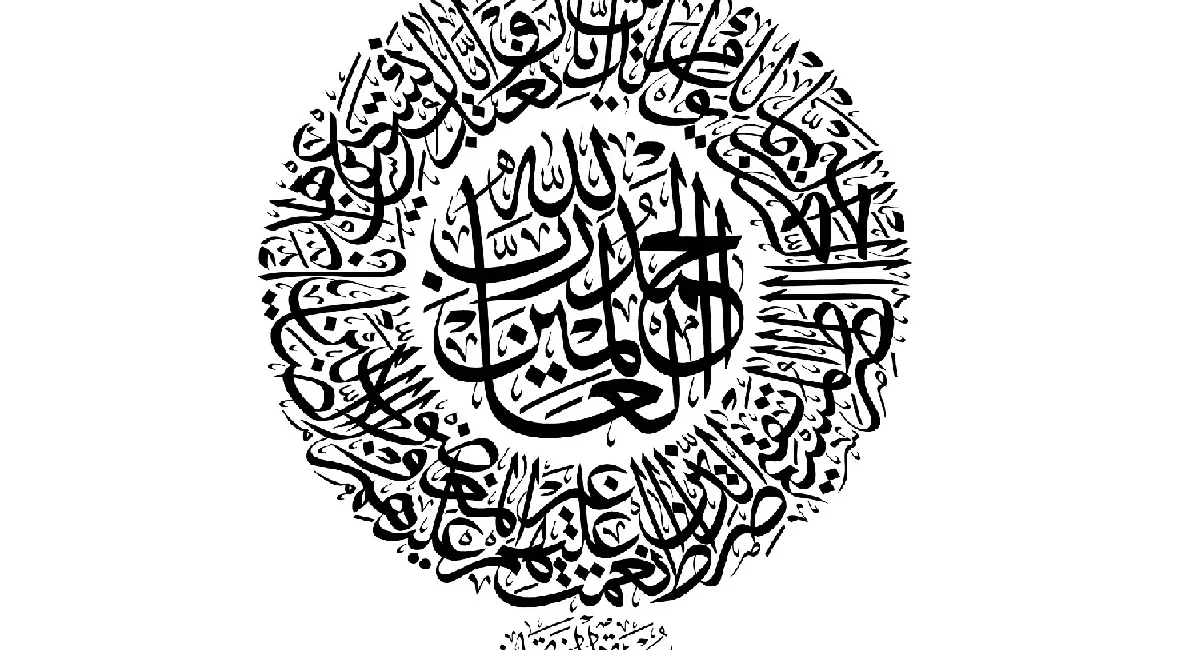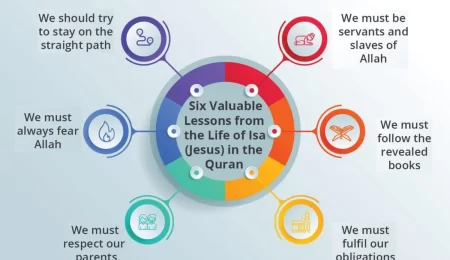Unveiling the Message of Surah Al-Fatihah: A Gateway to Understanding
Surah Al-Fatiha, also known as “The Opening,” is the first chapter of the Quran. It is considered to be one of the most important chapters in the Quran as it is recited in every unit of prayer and is often referred to as the “Mother of the Quran.”
The main message of Surah Al-Fatiha is one of devotion and submission to Allah. The chapter begins with the verse “In the name of Allah, the Most Gracious, the Most Merciful” which establishes the central theme of the chapter which is the oneness of God and the absolute submission to His will.
As a Quranic scholar with a passion for unpacking the depths of the Islamic holy text, I’m here to illuminate the message of Surah Al-Fatihah, the opening chapter of the Quran. This concise yet profound Surah encapsulates the essence of Islam and serves as a foundational prayer recited by Muslims worldwide.
A Surah of Profound Significance
Surah Al-Fatihah, meaning “The Opening,” is the first chapter revealed to Prophet Muhammad (PBUH). It sets the stage for the entire Quran, outlining core Islamic beliefs and practices. Let’s delve into the message conveyed in each verse:
- Bismalah (In the name of Allah, the Most Gracious, the Most Merciful): This opening phrase emphasizes the importance of beginning all endeavors in the name of Allah, the source of all compassion and mercy.
- (All) praise is due to Allah, Lord of the worlds (1:2): This verse acknowledges Allah’s absolute sovereignty and dominion over all creation.
- The Most Gracious, the Most Merciful (1:3): These attributes highlight Allah’s infinite compassion and mercy, encompassing both believers and non-believers.
- Master of the Day of Judgement (1:4): This verse reminds us of our ultimate accountability before Allah on the Day of Judgement.
- You alone we worship and You alone we ask for help (1:5): This central verse declares the core act of worship in Islam – complete and exclusive devotion to Allah. It also acknowledges our absolute dependence on Him for guidance and assistance.
- Guide us to the straight path (1:6): Here, we express our yearning for Allah’s guidance to navigate the right path in life, both in this world and the hereafter.
- The path of those upon whom You have bestowed favor, not of those who have evoked [Your] anger or of those who are astray (1:7): This verse signifies our desire to follow the path of the righteous and avoid the path of those who have displeased Allah.
A Tapestry of Themes
Surah Al-Fatihah weaves together several key themes:
- Tawhid (Oneness of God): The Surah emphasizes the absolute oneness of Allah, highlighting His power, mercy, and dominion.
- Worship and Dependence: It emphasizes the importance of worshipping Allah alone and seeking guidance and help from Him.
- Accountability and the Afterlife: The Surah serves as a reminder of our ultimate accountability before Allah on the Day of Judgement.
- Guidance and Righteousness: It expresses our desire to follow the right path in life, as demonstrated by the righteous.
Final Words
Surah Al-Fatihah transcends mere words; it serves as a powerful prayer, a declaration of faith, and a summary of Islamic beliefs. It reminds us of Allah’s supremacy, our dependence on Him, and the importance of righteous living. As a Quranic scholar, I believe understanding this Surah is crucial for appreciating the core message of Islam.
Note: While this explanation provides a general understanding of Surah Al-Fatihah, various interpretations exist among Islamic scholars. For deeper exploration, consulting with qualified scholars and reputable commentaries is highly recommended.




Leave a Comment